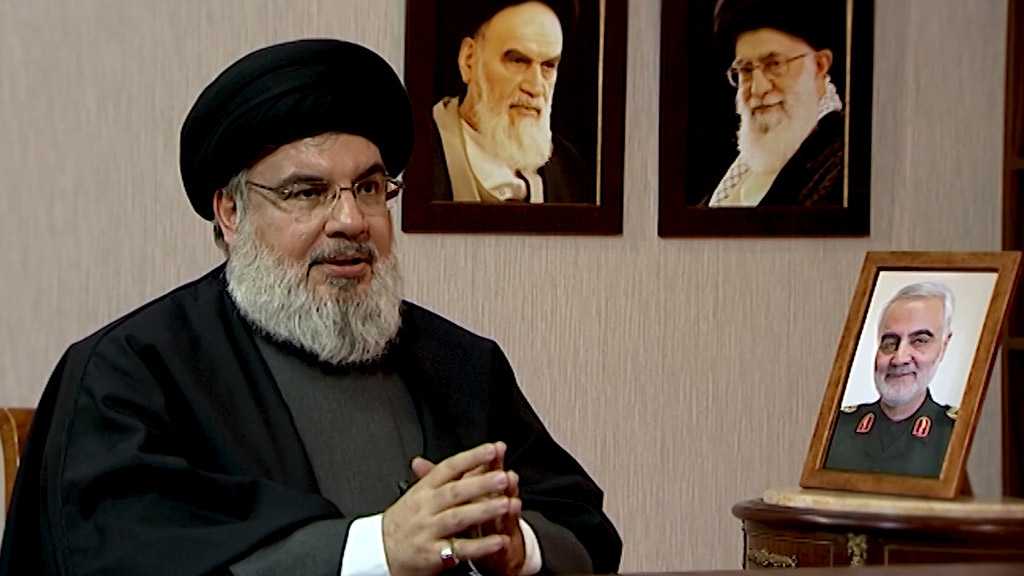Sayyed Hassan Nasrallah: I supported Argentina in the World Cup and I am reading about takfiris
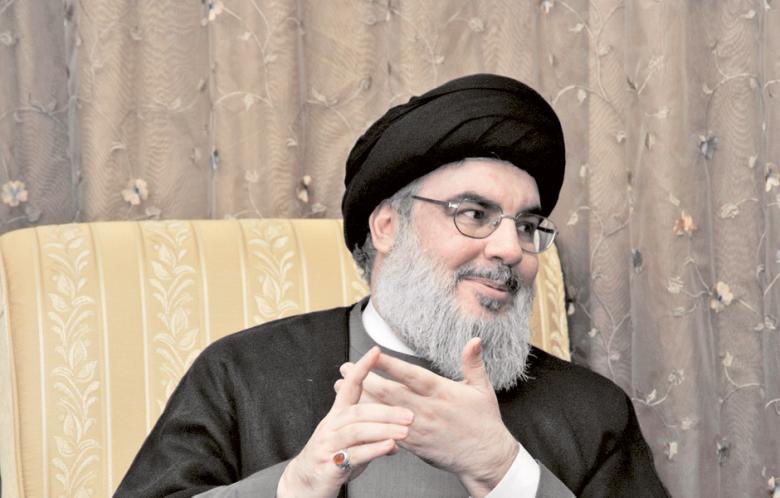
In an exclusive six-hour-long interview with Ibrahim al-Amin, Wafic Qanso, Hassan Ileik, and Maha Zureikat from Al-Akhbar, Hezbollah Secretary General Sayyed Hassan Nasrallah took the time to discuss issues ranging from Syria, the recent Gaza war, the 2006 war with "Israel", domestic Lebanese issues, and his own personal habits.
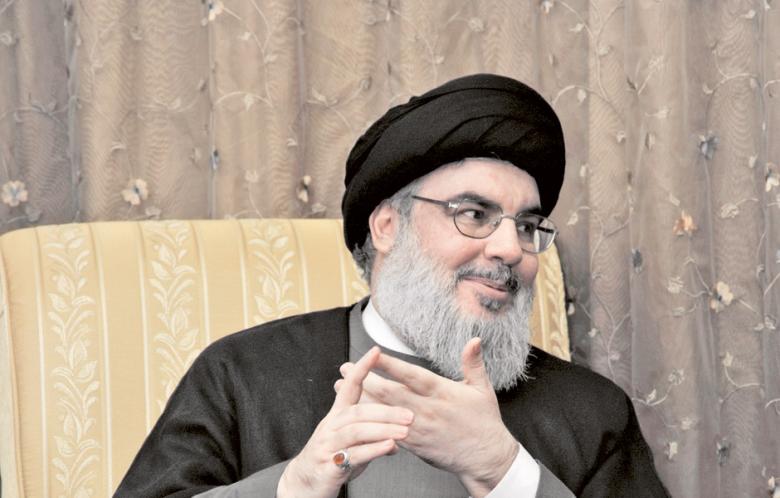
Al-Akhbar is publishing the interview as a multi-part series over the next two days. In this particular section, the interview focused on his personal habits and tastes.
Do you like football?
If you step into my heart you will not find that I like one area, one neighborhood, or one village more than others. Yes I like football and I used to play it with friends, before and after I put on the turban.
Do you support a particular team?
In the past, I used to for fun and as a change of pace. I mostly supported Brazil, but sometimes Argentina, especially when Maradona used to be with them. I liked the way he played.
And in the recent World Cup?
It was rumored that I was supporting Brazil, but I was not rooting for anyone. Among Hezbollah's supporters in general, there is support for Brazil. It's an old preference based on their nice techniques and game. Then, people started saying that the Brazilian flag is green and yellow, which are the two significant colors for Shia.
Did you follow it?
Frankly, this year the current atmosphere did not allow me to follow such issues, due to the events in Lebanon and Syria and what is happening in Gaza and Iraq.
Did you watch any of the games?
I saw a part of the final game, but for my son's sake and not for the game itself. Since he supported Germany, I decided to create some suspense and stood by Argentina's side.
Do you use Facebook?
Due to the security situation, I should stay away anything related to mobile phones or the internet. Thus, I don't have a direct relationship with Facebook. However, I am always up to date on all sorts of discussions, rumors, and conversations happening on Facebook, through reports and summaries on the issue.
Usually, people get used to a place, a bed, or pillow and would not be able to sleep if they change them. How do you adapt to the constant changes in your life?
This is true. But when changing places and relocating become a part of a person's life, it becomes the usual situation. Such things have become natural to me, especially after 2006. Before that, what you said used to be accurate.
What is your favourite dish?
I used to have preferred dishes in the past. But today, there is nothing in particular. I eat what's available. Even if I am asked what would I like to eat, I say I don't have a problem with anything. This has been the situation recently. I eat what is easily ready, like the soldiers on the front, who do not have a choice of preferred foods. In the past, I used to like several dishes like moloukhieh, moujaddara with rice, and fish.
Has it been long since you drove a car?
Yes, at least since 1986.
Dahiyeh changed after 2006. Do you have an idea how it has changed?
Of course, since I am not away from Dahiyeh and I know its details. The Israelis promote a certain idea, assisted by Arab media, which says that I live in a bunker, sheltered from people. [Apparently] I don't see or talk to anyone and I'm even secluded from my brothers. But I do not live in a bunker. Security measures mean secrecy of movement. However, this does not totally prevent me from moving around and looking and seeing what is happening. The problem is when others see me. I know what Dahiyeh and its people look like and whatever progress or deterioration there is, in addition to the situation in the South and the Bekaa in particular.
What part of Lebanon do you like?
The type of life I lived puts emotions on an equal distance from the issues at hand. I lived in Bekaa when my personality was forming. For years, if I said I wanted to rest - before 2000 and for some time after that - or if I wanted to go spend the evening with friends, I would go to Baalbeck. I made personal friends in that period. Practically speaking, with time one's feelings about certain areas or even towards people you love and who love you will no longer be partial. One cannot say they like an area more than another area or a group more than another group. You start feeling that you love everyone and support everyone. You want everyone to be with you. If you step into my heart you will not find that I like one area, one neighborhood, or one village more than others.
Do you watch movies or TV series?
When I have time, I follow some series such as al-Taghriba al-Filastiniya, al-Nabi Yusuf, al-Hajjaj Bin Yusuf, al-Ghaliboun, and similar shows.
Do you read novels?
There are those who support us and those who do not. It is not enough to read [the articles of] those who support you. I read a lot of novels in the past. But it has been five years since I read anything of the sort. A short while ago, I received a book, as a gift, called Ain al-Jawza, so I read it. When you are in a position of responsibility, this all stops and the priority would be to read current affairs. In terms of culture, for example, I read articles dealing with the question of takfir, its history, causes, and direction. There are several excellent books on the issue, by Shia and Sunnis, since this subject is a real trial. In the period before 2006, my reading focused on Israel, such as biographies by its generals, politicians, and party leaders. This is our battle and we are now specialists on the subject.
Do you read Al-Akhbar?
Of course. Could we not read it? I used to get it with other newspapers. But recently, certain changes occurred, so I read it though the briefing prepared by the consultative office, which contains most of its articles, in addition to summaries.
Do you follow television channels other than al-Manar?
I flip through television channels constantly. Actually I do not agree on the theory that says that television channels' popularity have certain limits, as shown by opinion polls. I think such polls are not precise. I do not see a television channel with a closed audience.
I think what happens with me, happens with other people. When we sit across from television, we carry the remote control and flip through the channels. If one sees an interview with someone saying something useful, one would stop at the channel, regardless of its name. As for the news, I follow a series of channels and do not rely on only one. I follow three of the Arab satellite channels, Al-Mayadeen, Al-Jazeera, and Al-Arabiya.
But I certainly watch Al-Mayadeen more than the others. However, I check what's on Al-Arabiya and Al-Jazeera, because I want to know what they are saying, regardless of my opinion, especially in terms of the news. As for Lebanese channels, I flip through all of them. This has to do with wanting to know what they are saying. I also review the media briefs prepared by the Media Relations [department] regarding radio stations, television channels, and internet sites. Reading this material helps you form a general idea.
Are there particular writers you follow?
Without going into names, there are several writers whose articles I make sure I read.
Do they support you politically?
Not at all. There are those who support us and those who do not. It is not enough to read [the articles of] those who support you. You should read from both sides to get to know different points of view.
Do you speak languages other than Arabic and Farsi?
I used to speak English. But due to lack of practice, I can understand but rarely speak it. I listen to the news and understand what they say. When I used to meet foreign ambassadors or media, I used to understand the questions and the discussion. However, I am completely fluent in Farsi, although my relationship with that language was mainly political at the beginning. With time, however, I discovered that there is a part of Islamic culture that Arabs are deprived of, because it is in Farsi.
Source: Al-Akhbar English
Comments
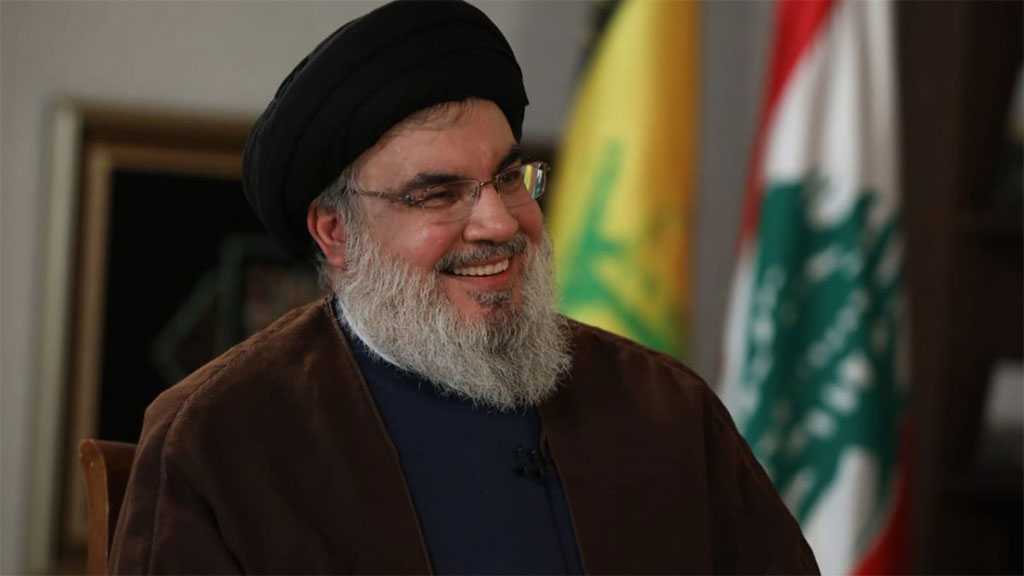
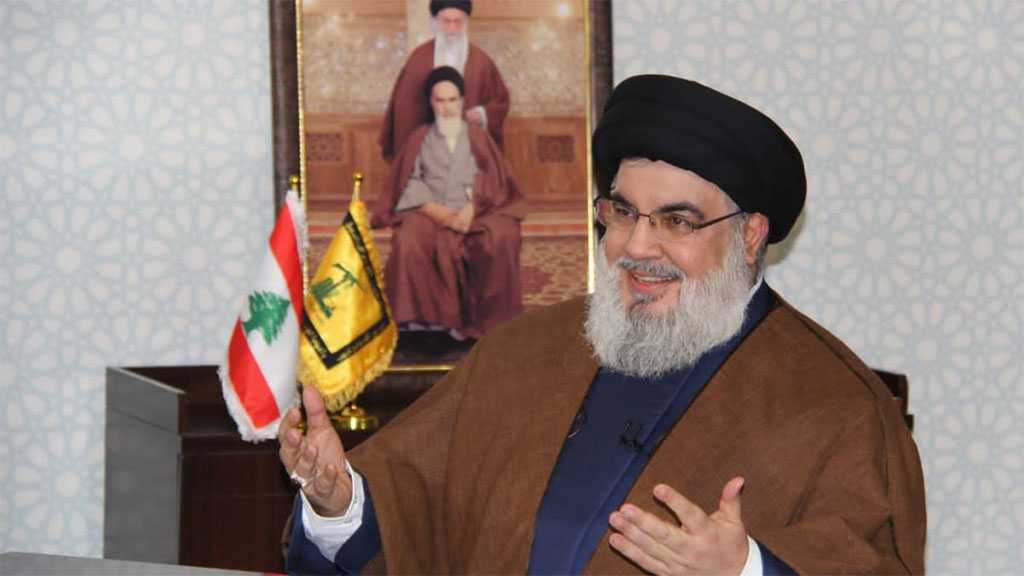
![Gen. Soleimani: Sayyed Nasrallah’s Entire Existence Is Sincerity… I Love Him [Documentary]](https://english.alahednews.com.lb/uploaded2/images/20220908122823.jpg)

